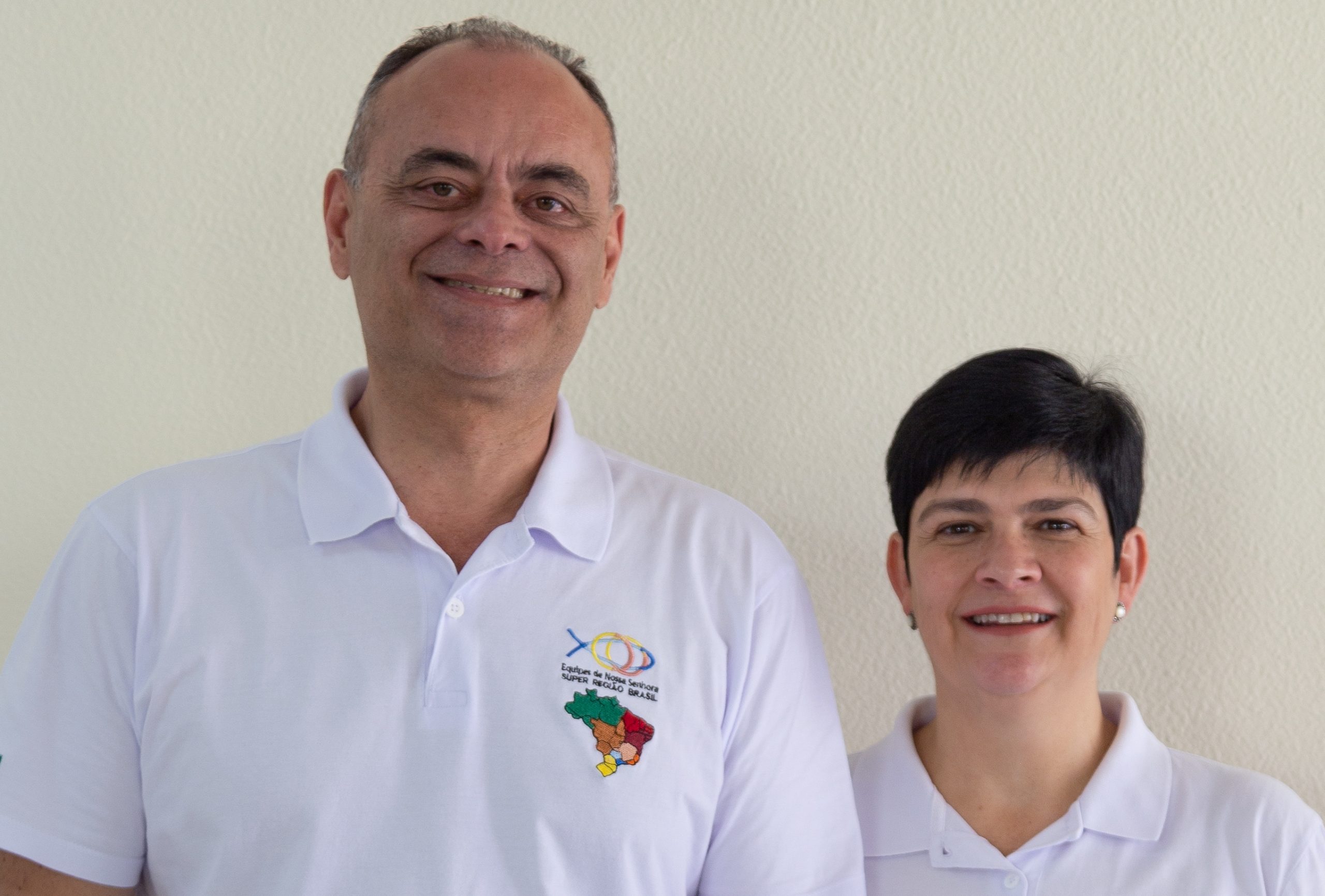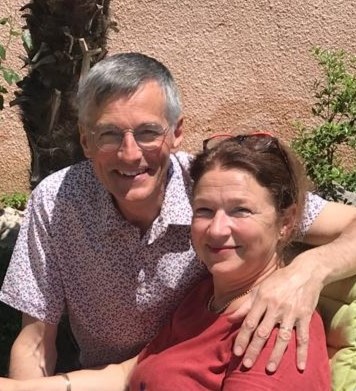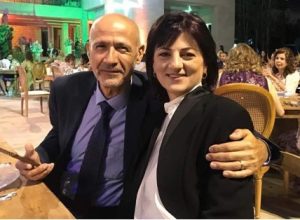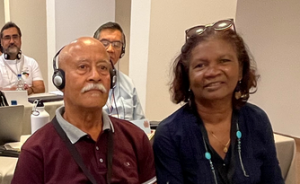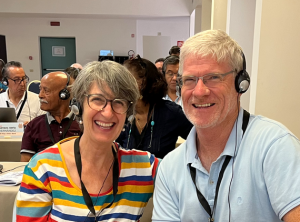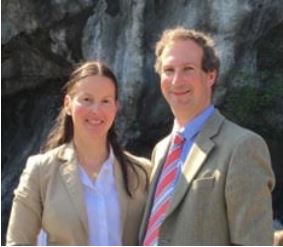
My Very Dear Team Members,
We are right in the middle of celebrating the Holy Year of Mercy that Pope Francis very opportunely suggested for the whole Church.
As you know, it is not the first time in history that the Church reminds its children of God’s mercy. Towards the end of the 17th century, Saint Marguerite Mary Alacoque received the revelation of the Sacred Heart of Jesus. This Heart, full of goodness and mercy for the sinner, calls for reparation, which means recognizing that we exist because Love precedes us. Devotion to the Sacred Heart of Jesus goes back to that time with the practice, over nine successive months on the first Friday of the month, of the sacrament of confession, restorative communion and 30 minutes of adoration of the Holy Sacrament. This devotion imprinted an intense rhythm of renewal that marked the Church up until Vatican II. Towards the middle of the 19th century, Saint Faustina Kowlska passed onto the Church the spirituality of Divine Mercy that took up the devotion to the Sacred Heart of Jesus, but in the form of the resurrected Lord. The practice of this spirituality is very simple and similar to that of the Sacred Heart of Jesus: the rosary of mercy at 3pm, in memory of the Lord’s Passion, and the celebration of the Feast of Divine Mercy, the second Sunday of Easter, that Saint John Paul II instituted, upon Saint Faustina’s recommendations.
Concerned by the difficult times of the epoch, Saint John Paul II published his encyclical, Dives in misericordia (30 November 1980), in which he reminded the Christian world that Mercy is a divine attribute. God is compassion. He is moved and is full of compassion before man, who feels unhappy, miserable and contemptible. Despite man’s condition, God does not abandon him, since he was created in God’s image and resemblance. And for whom, God sent his Son, whom He loved utterly, “Greater love has no one than this: to lay down one’s life for one’s friends.” (Jn 15:13)
Pope Francis has made Mercy the central theme of his papacy and he never tires of underlining this divine attribute: God does not abandon man, a sinner, who is often prey to feelings of unhappiness, misery (material, moral and spiritual) and considers himself contemptible and unworthy of being loved.
But all this must be translated into life. It is not enough to reflect upon man’s condition as a sinner, it is necessary to live and celebrate. This is why, according to recent Popes’ magisterium, it is necessary to revitalize the practice of confession amongst Christians. It is necessary to listen to the efficient words of forgiveness that amount to much more than being freed of guilt. Forgiveness is the sign of love that does not abandon the beloved one; it is wanting the best for the other person through what they are and not through what they can give, especially when they think that they are worthless and find themselves unworthy of being loved, like the youngest son in the parable of the Prodigal Son (Lk 15).
My very dear couples, I invite you to practice these feelings of Mercy within your relationships, especially in the Sit-Down, that is ought to be correctly prepared by private and married prayer. You must love each other in a pure and chaste love, seeking what is best for the other person through what they are and not what they can give. And do not miss an opportunity to go to confession, making the most, for example, of the annual retreat, which is very important for rediscovering a spiritual atmosphere appropriate for listening in silence to the mystery of love and mercy, the words of forgiveness that heal wounds of the heart and do not leave scars.
May the Lord bless and protect you.
Father José Jacinto Ferreira de Farias, scj,
Spiritual Counsellor to the ERI (International Leading Team)
→ What a wonderful example of Christian faith we have in Pope Francis.






